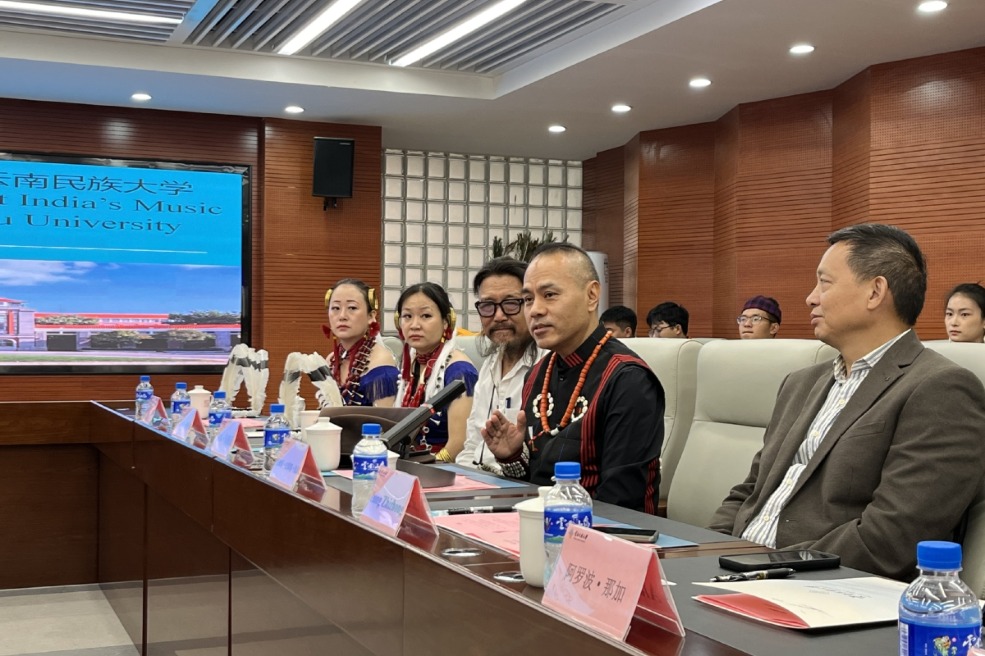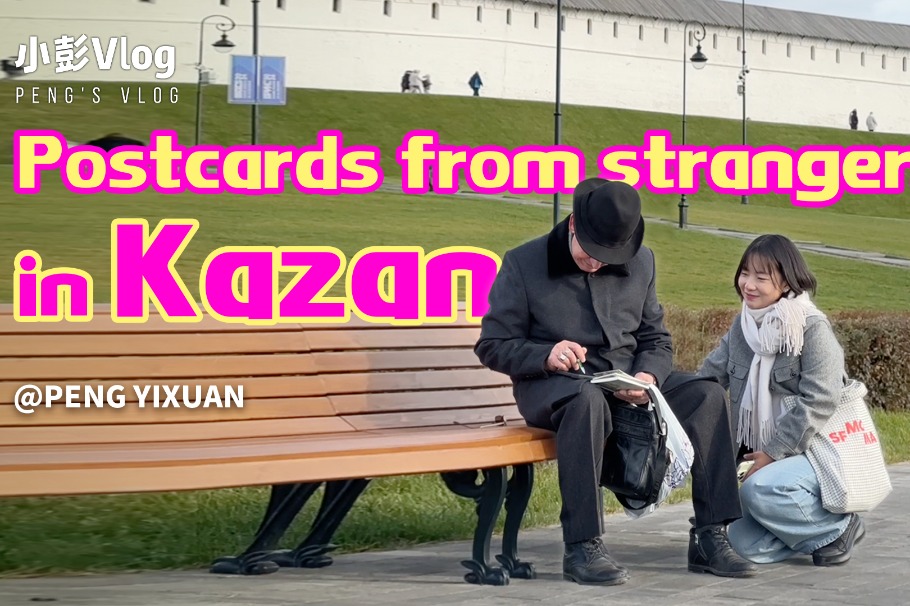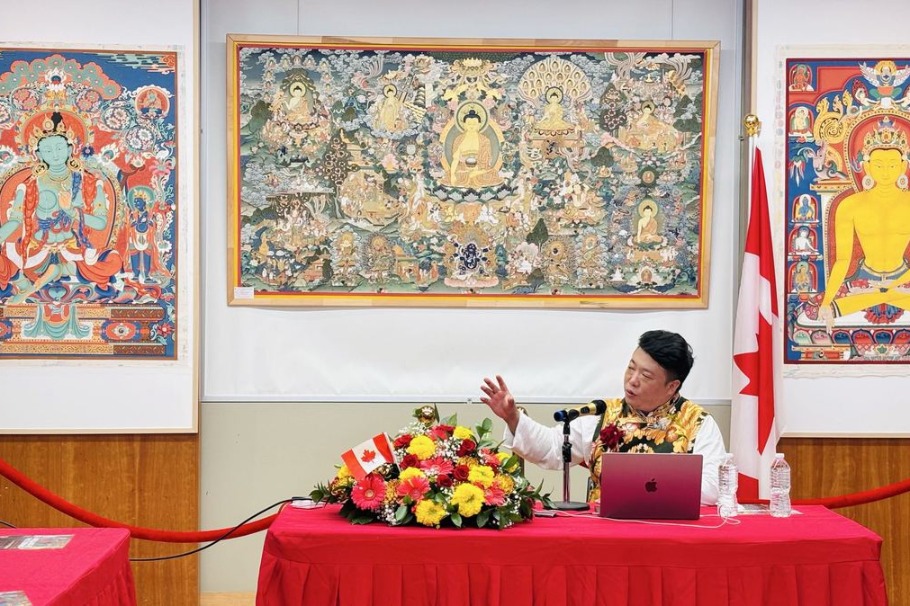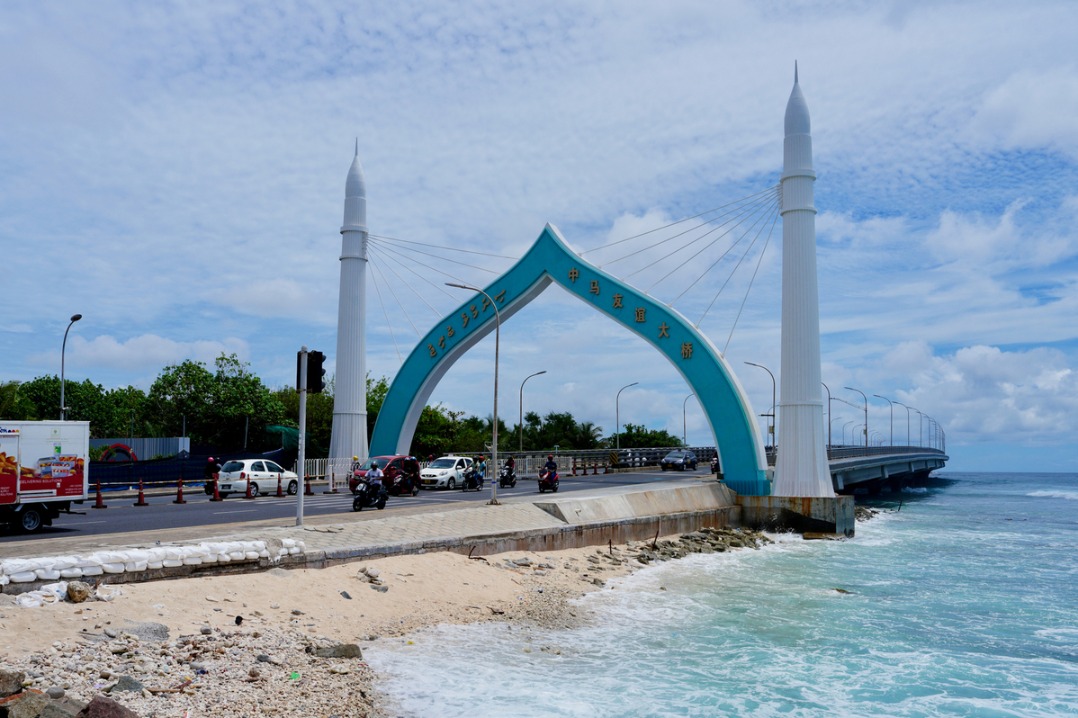NATO talks fail to reach any positive outcomes

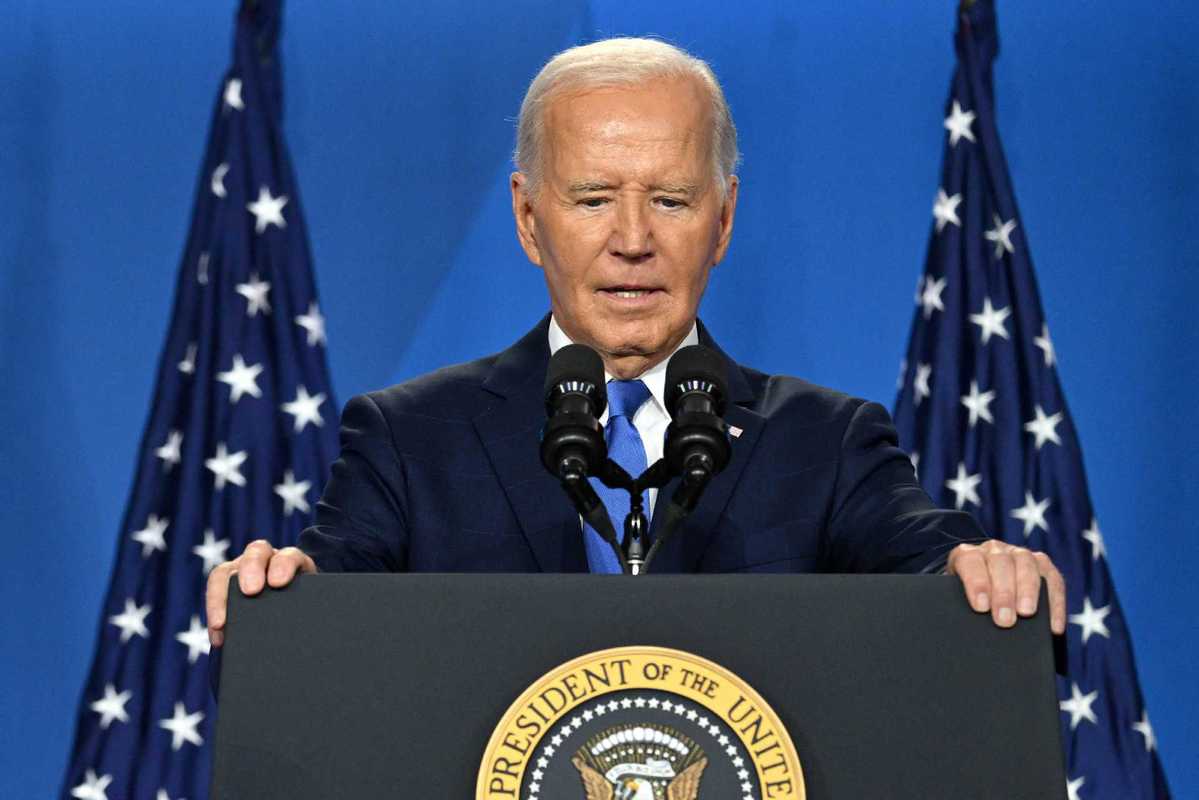
The 2024 NATO summit, which was held in July in Washington, DC, celebrated the alliance's 75th anniversary, but failed miserably to deliver any positives for its stakeholders. Instead, its declaration spelled "forever war", prolonging of the Russia-Ukraine conflict and creating potential confrontations with China.
The summit focused primarily on three issues. First, leaders discussed strategies to insulate NATO from potential future disruptions. Second, there was a concerted push to provide generous military and financial assistance to Ukraine and to open the path for Ukraine's eventual membership of the alliance. Third, the inflated "China threat" retained central position in the discussions, positioned as the ultimate focal point for NATO's future expansion into the "Indo-Pacific" region.
European leaders appear genuinely alarmed at the prospect of the presidential election in the United States. So much so that NATO policymakers have taken decisive steps to shift significant portions of military aid to Ukraine from US control to the NATO umbrella.
"Ukraine's future is in NATO....As Ukraine continues this vital work, we will continue to support it on its irreversible path to full Euro-Atlantic integration, including NATO membership. We reaffirm that we will be in a position to extend an invitation to Ukraine to join the alliance when allies agree and conditions are met." This is how NATO's Washington Summit Declaration assured the eventual membership of Ukraine.
Indubitably, the word "irreversible" was deliberately inserted to further irritate Russian President Vladimir Putin.
In fact, the very opposite is true — peace and stability in Eastern Europe hinge on recognizing that NATO's plan to expand to Ukraine lies at the heart of the current crisis. In June, Putin outlined several conditions, including Ukrainian neutrality, that he said would "immediately" bring about a ceasefire and the start of negotiations.
This highlights a critical point: An "irreversible" pledge of NATO membership for Ukraine drives a stake through the heart of any peace settlement acceptable to Russia.
NATO's ambitions for Ukraine have undeniably fueled tensions, making diplomatic resolutions increasingly elusive. As Western leaders rally around Ukraine's potential NATO membership, they risk entrenching a conflict that could otherwise be defused through strategic compromise.
The insistence on Ukraine's inclusion in NATO, despite the clear objections from Russia, reflects a broader geopolitical struggle that transcends the immediate crisis.
To achieve lasting peace, it's crucial to address the core issues driving this conflict. Recognizing the impact of NATO's expansion plans on regional stability and taking a more measured approach could pave the way for meaningful negotiations and a durable resolution for the conflict.
Unfortunately, the Washington Summit Declaration sought to portray the growing friendship between China and Russia as the principal encouragement for Russia in the Ukraine conflict. The most intriguing part of the joint communique was the pointed portrayal of China as the main challenge and threat to the alliance. Aside from Ukraine, China was the most frequently mentioned country in the communique. The West and NATO want the global audience to believe that China has consistently aided Russia, without providing any substantive evidence to support this claim.
The declaration left little doubt that China had drawn NATO's ire: "The People's Republic of China's stated ambitions and coercive policies continue to challenge our interests, security and values. The deepening strategic partnership between Russia and the PRC and their mutually reinforcing attempts to undercut and reshape the rules-based international order, are a cause for profound concern."
NATO's allegations have been rejected by Beijing. Yet despite China's calls for peace, the West remains adamant, casting China as a significant threat to global stability. This stance reflects a broader strategy to keep Beijing in check, ensuring that the international order remains firmly under Western influence however unjust and unfair it is.
The NATO summit in Washington highlights a profound absurdity: a strategy initially aimed at Russia, with its potential for direct military conflict and heightened global war risks, is now being expanded and directed toward China.
NATO's transformation into an offensive global entity formalizes its ambitions, which from Beijing's viewpoint, appear aimed at countering China's influence. While NATO currently operates under bilateral treaties in the Pacific, there is a clear trajectory toward expanding its military presence across the region, effectively diluting its historical "North Atlantic "identity. This shift could transform NATO into a "North Atlantic" alliance in name only. The summit's declaration underscores this ambition, hinting at a broader geopolitical strategy that stretches far beyond its original mandate.
NATO's evolving role reflects a complex, often paradoxical, response to shifting global dynamics. As the alliance extends its reach, it risks entangling itself in conflicts far from its traditional sphere of influence. The strategic pivot toward China signals a new era for NATO, one fraught with significant risks and catastrophes for mankind.
This expansionist vision of NATO opting for a precarious path paradoxically heightens the potential for global instability.
The author is a geostrategist and political analyst based in Lahore, Pakistan.
















